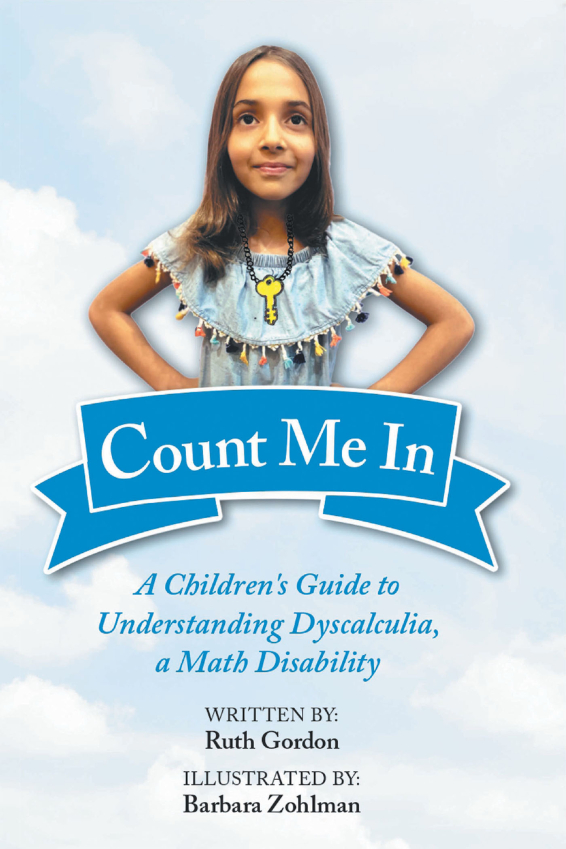Children are the future of our world, and it’s important to ensure that they receive the best possible upbringing and education. Group discussions related to children can cover a wide range of topics, from parenting and education to healthcare and social issues.
As we delve into these discussions, we can gain valuable insights into the challenges and opportunities that children face, and work towards creating a better world for them. So, let’s explore some thought-provoking and engaging topics related to children and spark meaningful conversations that can make a difference in their lives.
Thought-provoking Group Discussion Topics
Much like paragraph writing, letter writing, and debate topics, the topics chosen for group discussions can vary from academic subjects to social issues and even current events. Such discussions not only help in improving academic performance but also prepare students to become responsible citizens who can contribute positively to society.
1. Social Issues
- The impact of social media on children’s mental health
- The importance of early childhood education for future success
- Child labor and its effects on children’s well-being
- The impact of poverty on children’s development and opportunities
- Children’s rights and advocacy for their protection
- The need for access to healthcare and healthcare resources for children
- The importance of fostering inclusion and diversity in schools and communities
- The impact of climate change on children’s future and the environment they will inherit
- The impact of media and advertising on children’s values and beliefs
- The need for child-friendly cities and safe public spaces for children to play and learn
- The importance of mental health resources and support for children and families
- The impact of immigration policies on children and families
- The role of technology in children’s education and development
- The importance of teaching children about consent and boundaries
- The importance of providing children with access to healthy food options and addressing food insecurity.
- The importance of gender equality
- Disability rights and accessibility
- Freedom of speech and censorship
- Animal rights and ethical treatment of animals
- Globalization and its impact on culture and society
2. Ethics and Morality
- The importance of honesty and integrity in childhood development
- Teaching children the value of hard work and perseverance
- The role of empathy and compassion in moral development
- The impact of positive role models and mentors on children’s ethical values
- The need for responsible use of technology and social media among children
- The impact of greed and materialism
- The importance of respect and kindness in relationships with others
- The role of forgiveness and second chances in teaching children about morality
- The importance of accountability and responsibility in children’s actions and decisions
- The impact of cultural and religious beliefs on children’s moral development
- The need for critical thinking and decision-making skills in ethical dilemmas
- The importance of diversity and inclusivity in teaching children about morality and ethics
- The impact of social norms and peer pressure on children’s moral values
- The role of families and caregivers in shaping children’s ethical development
- The impact of dishonesty and lying on children’s relationships and sense of self-worth
- The importance of self-reflection and self-awareness in ethical decision-making
- The impact of justice and fairness on children’s moral values
- The role of education in teaching children about ethics and morality
- The importance of building a sense of community and shared responsibility among children.
- Animal testing: is it moral or not?
3. Personal Growth
- The importance of self-reflection and introspection
- The benefits and challenges of mindfulness meditation
- The role of empathy and emotional intelligence in personal growth
- The impact of childhood experiences on personal development
- The importance of setting personal goals and developing a growth mindset
- The power of vulnerability and the willingness to take risks
- The importance of time management and productivity
- The benefits of physical exercise and healthy living
- The impact of positive thinking and gratitude on mental health
- The role of creativity and artistic expression in personal growth
- The importance of personal relationships and social support
- The impact of travel and new experiences on personal growth
- The benefits of lifelong learning and continuing education
- The importance of forgiveness and letting go of grudges
- The role of self-care and self-compassion in personal growth
- The impact of financial management and planning on personal growth
- The benefits and challenges of working towards a work-life balance
- The importance of developing effective communication skills
- The role of spirituality and personal beliefs in personal growth
- The impact of social media and technology on personal growth and well-being
4. Mental Health
- Addressing the stigma surrounding mental health issues and seeking help
- The importance of self-care and stress management in maintaining good mental health
- The impact of social media on mental health and body image
- The link between physical health and mental health in young people
- The role of families and caregivers in supporting young people’s mental health
- The importance of healthy coping mechanisms for stress and anxiety
- The impact of school and academic pressure on mental health
- The link between sleep and mental health in young people
- The role of exercise and physical activity in promoting good mental health
- The importance of healthy relationships and social support for mental health
- The role of therapy and counseling in addressing mental health issues in young people
- The impact of poverty and inequality on mental health in young people
- The importance of mindfulness and meditation for mental health and well-being
- The impact of family and community support on mental health in young people
- The role of education and awareness in promoting good mental health practices
- The importance of early intervention and prevention in addressing mental health issues in young people.
- Healthy habits for a healthy mind
- The impact of digital detox for mental health
- Peer pressure and its impact on mental health
- Cultural and societal factors that impact mental health



Effective strategies for successful group discussions for students
Here are some tips and tricks for group discussions:
- Prepare yourself: Conduct some preliminary research on the topic of discussion. If possible, keep up with the newest news or developments on the subject. Prepare some pertinent talking points or notes to help guide your participation in the conversation.
- Actively listening: Reading and listening to understand a concept is much debated upon. However, attend to the conversation and pay attention to what others are saying. Ask questions and provide insightful replies to demonstrate your interest in the issue. Distractions such as checking your phone or gazing about the room should be avoided.
- Avoid interrupting: Respect others’ speaking turns and wait for them to finish their thoughts before speaking. Interrupting may break up a discussion and make others feel unheard.
- Maintain respect: Be cognizant of other people’s perspectives and express your own in a courteous manner. Avoid making personal attacks or using nasty language. Remember that everyone has their own point of view and opinion and that disagreeing is OK as long as it is done politely.
- Promote involvement: Include everyone in the conversation. If someone is afraid to speak out, urge them to do so and attentively listen to what they have to say. Establish a welcoming and inclusive environment in which everyone is encouraged to participate.
- Be alert: Be open to considering diverse points of view and adjusting your own beliefs depending on fresh facts or insights. Keep in mind that everyone brings their own set of experiences and viewpoints to the table.
- Stick to the topic: While it’s fine to deviate into related concepts and tangents, try to keep the debate on track. If the talk veers too far off the subject, gently bring it back on track.
- Take turns speaking: Make sure that everyone gets a chance to talk and contribute to the discourse. Don’t try to monopolize or dominate the conversation. Encourage people to speak out and pay attention to what they have to say.
- Avoid Distractions: Switch off your phone or other technological gadgets that might distract you from the debate. Throughout the talk, try to remain focused and involved. Side chats and other distractions that may detract from the group’s attention should be avoided.
- Finish on a positive note: Summarize the main themes of the debate and show appreciation to everyone who took part. Finish with a pleasant comment or a proposal for further conversation. Make an effort to foster a sense of togetherness and teamwork that fosters ongoing involvement and participation. Furthermore, one can also use some positive and inspiring quotes about a particular topic like team building, education, special education, or even success!
Conclusion
Finally, group conversations can serve as a terrific method to learn about diverse points of view and opinions on a range of issues. By using these suggestions and methods, you may help to foster a healthy and courteous discourse that fosters participation and the exploration of other points of view.
Remember to arrive prepared, to actively listen, to be respectful, and to promote involvement from all those involved. You may create meaningful dialogues that lead to greater understanding and progress by fostering a safe and inclusive atmosphere.




